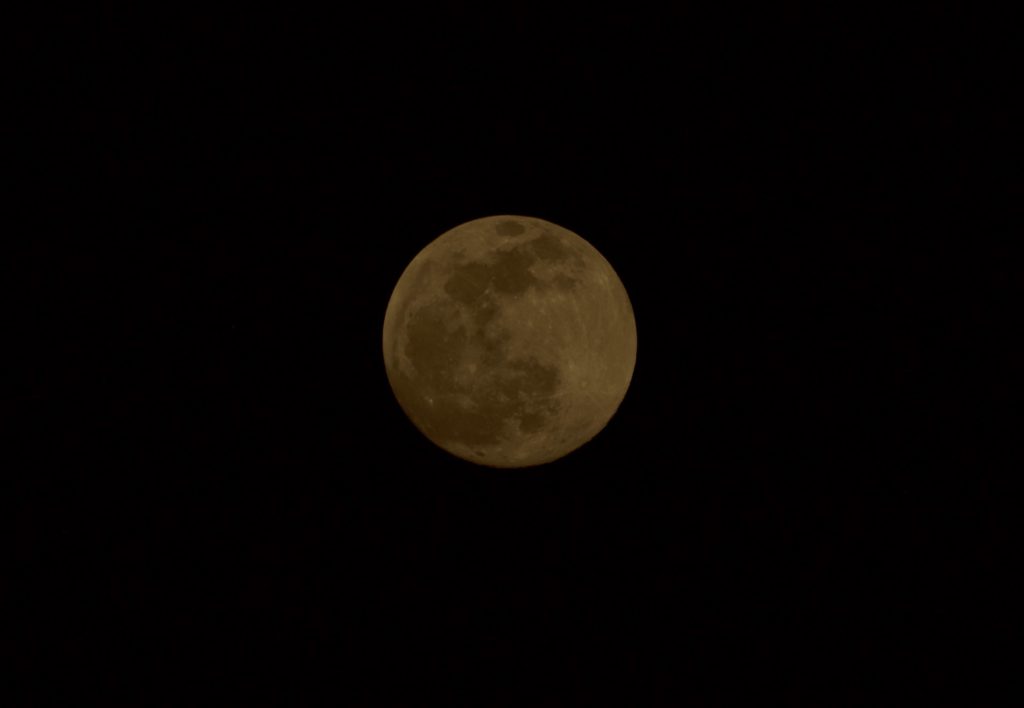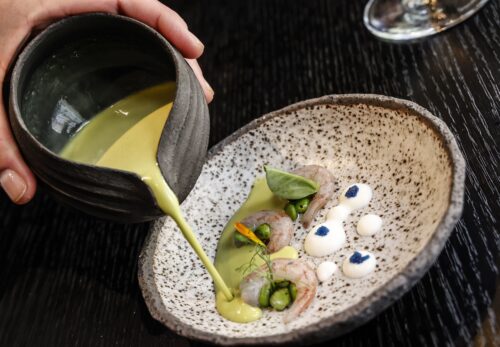The Fish Trap

The U.S. poet-physician William Carlos Williams once described a poem as a “small machine.” I see my poem “The Fish Trap” as the opposite: a sort of anti-machine as it seeks, line by truncated line, to unmake rather than to make.
The poem came to me almost in its entirety when I was returning from a field trip to the extreme northwestern part of Brazil along the Upper Rio Negro in Amazonas state, near the border with Colombia. I was working with the Baniwa, a group of Indigenous people, on a cultural heritage project, attempting to recover information from museum collections about sacred objects and rituals that had been suppressed by Christian missionaries.
After three long days of travel in a motorized canoe, my Baniwa pilot stopped at dusk at a village where he had relatives, a place a few hours short of the regional capital of São Gabriel. But the village was entirely abandoned: Everyone had gone to town to get their monthly checks from a new poverty relief program. It was an oppressive night, overcast and muggy, and I watched in morbid fascination as he dismembered an old-fashioned fish trap, abandoned on the beach, to stoke the flames and cook freshly netted fish, still alive in the pot.
The Fish Trap
The fish trap is sun bleached dry half
buried in squeaking white
sand under an equatorial
moon that wants to walk across the black
mirror but instead is twice
swallowed by river and
clouds
It is both an elegant and obsolete
thing this hybrid carcass of palm
staves lashed with sinewy vines an incongruous
coil of copper wire binding some
ancient fracture burnished
golden by the
sand
He dismembers it like some beast on a
skewer its ribs and sinews yielding to dark
vegetable hands function
not lost but transformed as he starts
a fire and the flattened
helix glows among the
ashes
The fish lie on the bank by the haul
net sucking at the futile night
air through pumping gills still
they watch him stunned through
glazing water as red
halos ebb behind open
eyes
And he feeds the last
of the trap to the
flames under a gnarled
pot on the beach flickering between
an empty village and the black
river under the smothered
moon

























